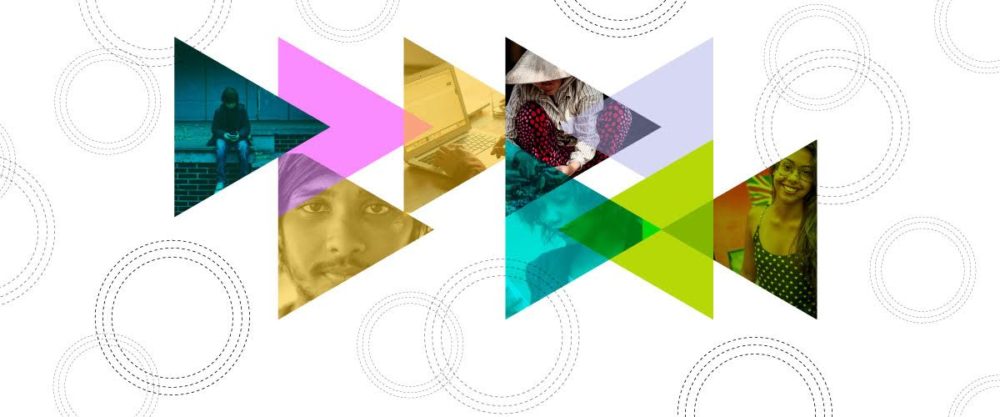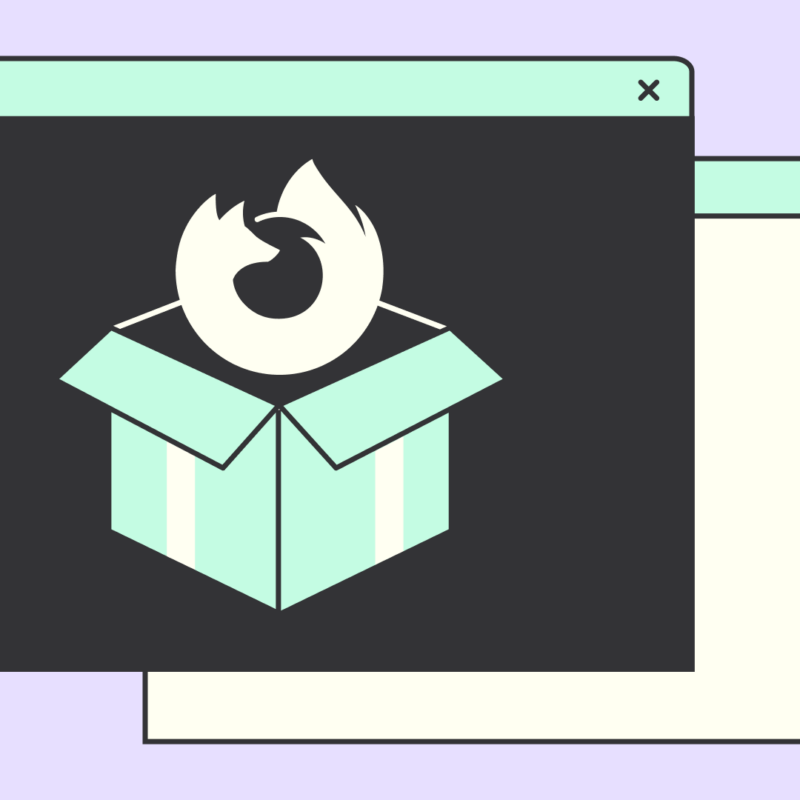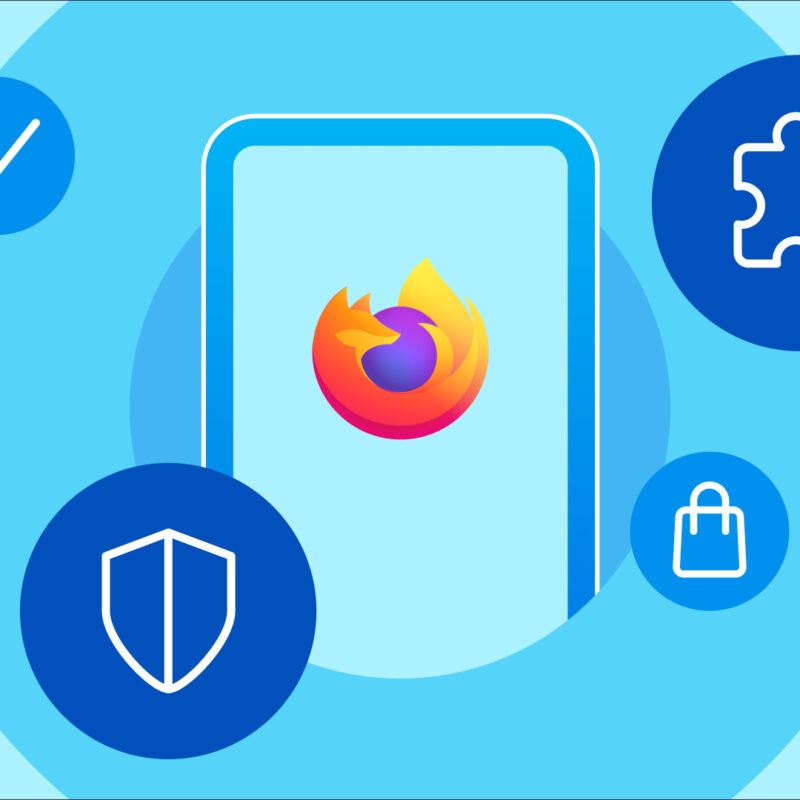In the wake of the U.S. Presidential election and transition efforts, people across the country have been forming and discussing their opinions on divisive issues like taxes, immigration, education, health care, climate change and more. And, the transpiring inauguration activities bring many of these issues to the forefront. However, we believe that no matter what your political lean is, there is one topic that should not be a partisan issue: internet health.
A healthy internet is a vehicle for democracy. It is the place where everyone has a voice about whatever issue(s) they champion — and a place where ideas can be openly expressed, shared, argued over, and innovated upon. It can also be a vehicle for economic growth. When the internet is open, it is a catalyst for invention and micro-economies, connecting billions of people, products and services around the globe.
So, next time you think about your stance on a given political topic, keep in mind that internet health is worthy of building and protecting. Below are the tenets of a healthy internet — an internet Mozilla is dedicated to making real, with your help.
- A healthy internet is private and secure. Internet users should be able to have greater choice over what information they share with what organizations and for what benefit. They should have the freedom to express themselves online without unwarranted surveillance. And, they should be able to safeguard their information against attacks.
- A healthy internet is open, so that together, we can innovate. People who want to change the world should be able to build products and understand different points of view through open source code and idea sharing. Copyright and patent laws should be reformed so that in this digital age, they foster collaboration and economic opportunity.
- A healthy internet is decentralized. There shouldn’t be online monopolies. Instead, big and small businesses — and individuals from around the world — should all be able to contribute to and provide online services. Internet users should be able to reap the benefits of competition and exposure to different ways of thinking.
- A healthy internet is for everyone. People — no matter where they live in the world, their income, their language, the color of their skin, or their gender — should have unfettered access to the internet. They should be able to both consume it and create it so that the internet reflects the diversity of the people who use it.
- A healthy internet is shaped by the people. The internet is a place where everyone can have their individual voice. Everyone should have the skills to read, write and participate online. Web literacy should be foundational in education, alongside other areas like problem-solving and creativity. People everywhere should be able to shape the internet to solve for our world’s challenges.
When the internet is healthy, domestic and global progress can be achieved because people can learn, teach and contribute freely to things they care about.
For more on internet health — specifically what is helping, and what is hurting the internet — read Mozilla’s Internet Health Report.



